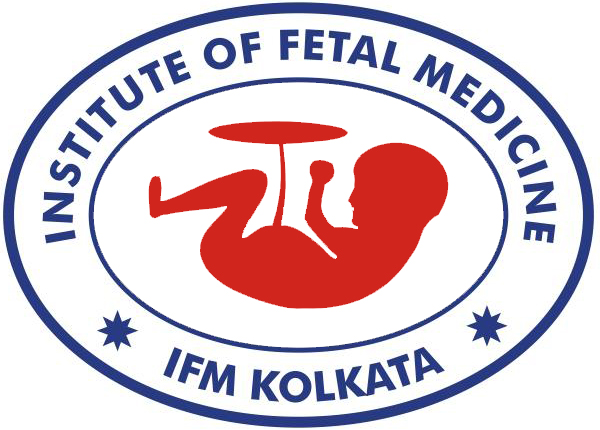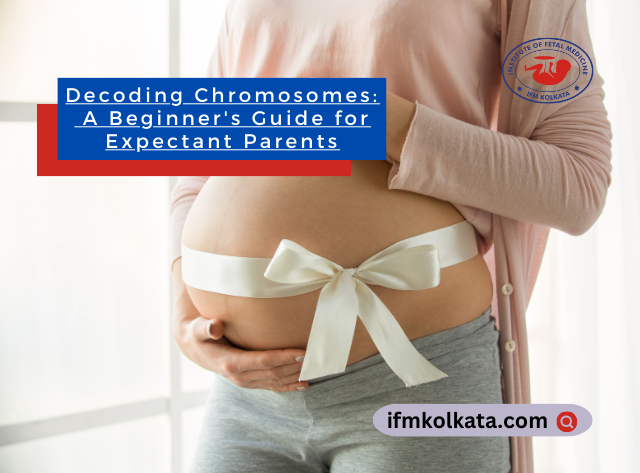sParenthood brings with it a multitude of emotions and responsibilities. As expectant parents, understanding the intricate world of genetics and chromosomes is not only fascinating but also essential for the wellbeing of your unborn child. This beginner’s guide aims to demystify the concept of chromosomes, their role in human biology, and why educating you about them is crucial during pregnancy.
Chromosome in Human Biology:
Chromosomes are the fundamental units of heredity found in the nucleus of every cell in the human body. They are thread-like structures made up of DNA (deoxyribonucleic acid), the genetic material that carries the instructions for the development, growth, and functioning of our bodies. Humans typically have 23 pairs of chromosomes, for a total of 46 chromosomes, with each parent contributing half of the chromosomes to their offspring.
Chromosomal Basics:
Genetic Information and DNA Structure:
Genetic information is stored within the DNA molecules of chromosomes in the form of a unique sequence of nucleotide bases: adenine (A), thymine (T), cytosine (C), and guanine (G). The sequence of these bases determines the genetic instructions encoded in the DNA. The double-helix structure of DNA, resembling a twisted ladder, allows for the accurate replication and transmission of genetic information from one generation to the next.
Chromosomal Abnormalities:
While chromosomes play a crucial role in maintaining genetic integrity, abnormalities in their structure or number can lead to genetic disorders and health complications. Chromosomal abnormalities may arise due to errors during cell division or inherited genetic mutations. Common examples include Down syndrome (trisomy 21), Turner syndrome (monosomy X), and Klinefelter syndrome (XXY), among others.
Understanding Chromosomes: Genetic Counselling and Prenatal Testing
For expectant parents, genetic counselling and prenatal testing offer valuable insights into the genetic health of their unborn child. Genetic counsellors provide information and support regarding the risk of chromosomal abnormalities based on factors such as parental age, family history, and medical background. Prenatal genetic testing, such as amniocentesis and chorionic villus sampling (CVS), allows for the detection of chromosomal abnormalities in the fetus during pregnancy, enabling informed decision-making regarding medical care and intervention.
Chromosomes Insights: Fetal Development and Genetic Disorders
Chromosomes play a critical role in fetal development, influencing various aspects of growth and differentiation. Disruptions in chromosomal structure or function can result in congenital anomalies and genetic disorders. These conditions significantly impact the health and development of the fetus. Understanding the link between chromosomal abnormalities and fetal development empowers expectant parents. It helps them make informed choices regarding prenatal care and medical management.
Parental Genetic Contribution:
Both parents contribute genetic material in the form of chromosomes to their offspring, shaping the genetic blueprint of the unborn child. Awareness of parental genetic contribution and the potential risk of inherited genetic disorders underscores the importance of chromosome education. Genetic counseling for expectant parents becomes imperative for informed decision-making.
Importance of Chromosomes Education:
Educating yourselves about chromosomes and genetic health is essential for expectant parents. It enables you to make informed decisions regarding prenatal care, genetic testing, and medical intervention. Understanding the basics of chromosomes helps you grasp the significance of genetic information. This understanding impacts the health and development of your child.
Institute of Fetal Medicine Kolkata:
In Kolkata, the Institute of Fetal Medicine offers prenatal care and genetic testing. This includes counseling and diagnostic procedures for chromosomal issues. With experts and modern facilities, they offer support for expectant parents dealing with genetic health concerns.
Understanding chromosomes is crucial for future parents. With basic knowledge, they can make informed choices about prenatal care, genetic testing, and medical help. Education and counseling, like those at Kolkata’s Institute of Fetal Medicine, provide confidence in their baby’s health.


